Making your own compost is one of the best actions we can take as individuals to reduce our impact on global climate change by diverting our food waste away from landfill. When food waste breaks down in landfill it emits methane - a harmful greenhouse gas that contributes to global climate change.
Many people gain great joy from the composting process too - it can be very satisfying to convert waste materials into something so useful!
What is Compost?
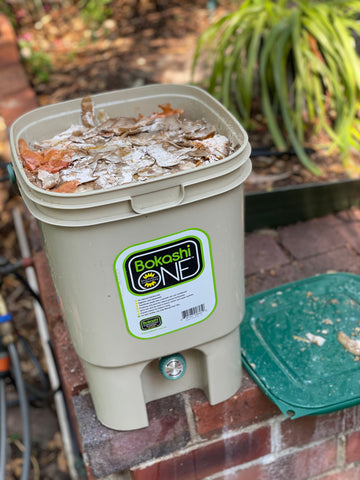
Compost is created through the decomposition of plant and animal material. When no further decomposition can occur, we have humus: a dark, sticky substance which gives topsoil its rich colour and earthy smell. Humus glues soil particles together to create structure, improves water retention and holds nutrients in soil. Humus is composed mainly of carbon, which remains stable in the soil for hundreds of years. Composting is carbon sequestration.
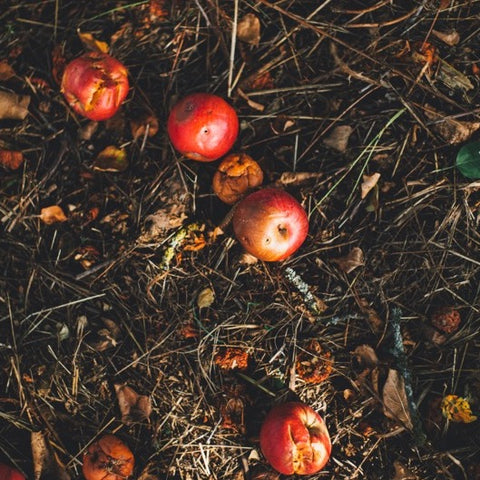
What materials can I compost?
As well as food waste, a wide range of natural materials can be composted including:
- Animal manures
- Garden waste
- Lawn clippings
- Cardboard and paper
- Fur, wool and hair
- Lint
- Leaves
- Coffee grounds
- Ash
- Tea bags (plastic free)
- Cotton or linen
- Wood
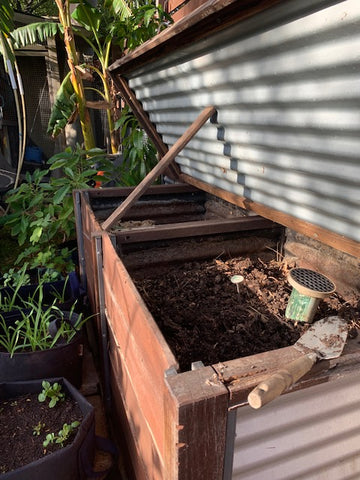
Making compost at home and adding it to your soil will:
- Sink carbon into the soil
- Make a valuable product from waste
- Divert food waste from landfill
- Reduce the need to buy fertilisers and other soil additions
- Enhance moisture retention
- Improve soil structure
- Neutralise soil pH
- Hold nutrients in the soil and reduce leaching
- Make nutrients more readily available to plants
- Increase microbial diversity and activity in the soil
- Bind and degrade soil toxins
How to Use Finished Compost
Compost is finished when it becomes a dark, sweet, crumbly, earthy-smelling material and the original materials in it cannot be distinguished. It may be quite coarse and require sifting before use.
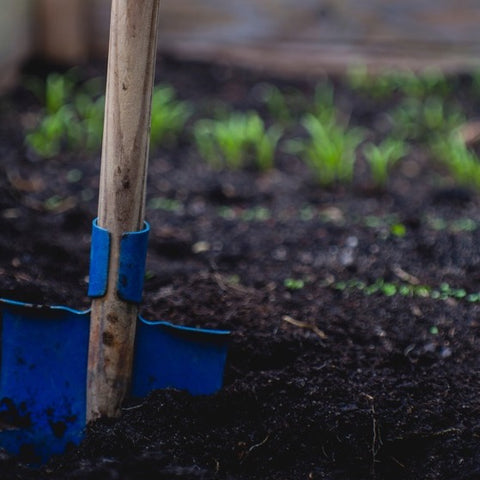
Compost can be added to the top layer of soil before planting out a garden bed, or incorporated into poor soil in need of conditioning. It can also be placed around perennial plants and added to pot plants. Compost should be covered with mulch when possible.

Compost can also be added to seed raising and potting mixes to boost plant health and growth. Seeds germinated in a mix that includes compost will mature with a coating of beneficial organisms, giving them a very healthy start.
Mixtures of water, compost and other ingredients can be aerated to create “teas” which further boost the diversity and activity of microbial soil life. Careful choice of ingredients can create brews which promote different forms of soil life, best suited to different types of plants.
We would love to know why you started composting and how you use your finished compost. Share your comments below or tag us on Facebook or Instagram.

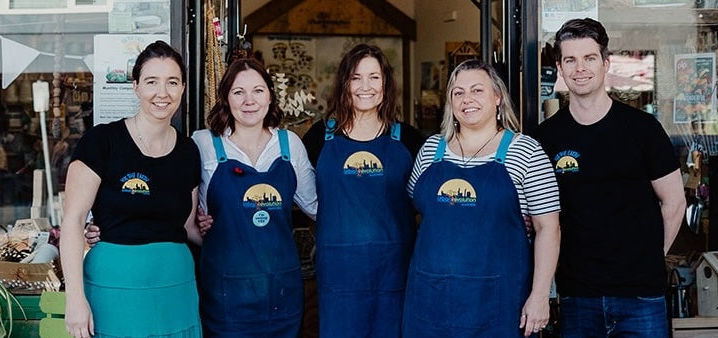




Leave a comment (all fields required)